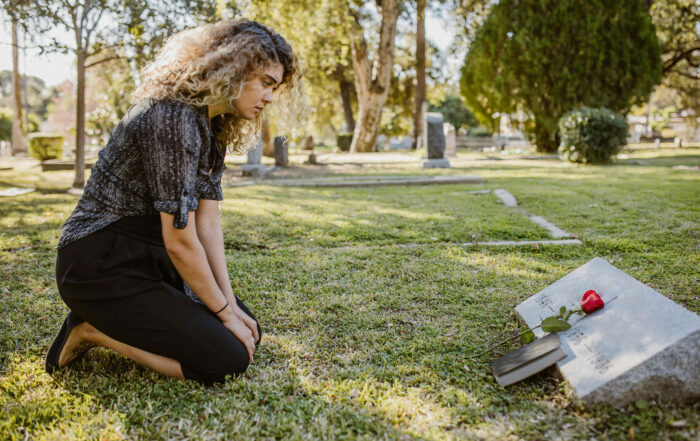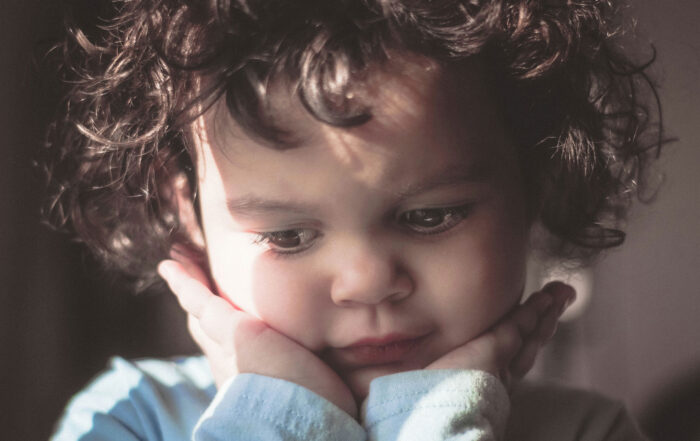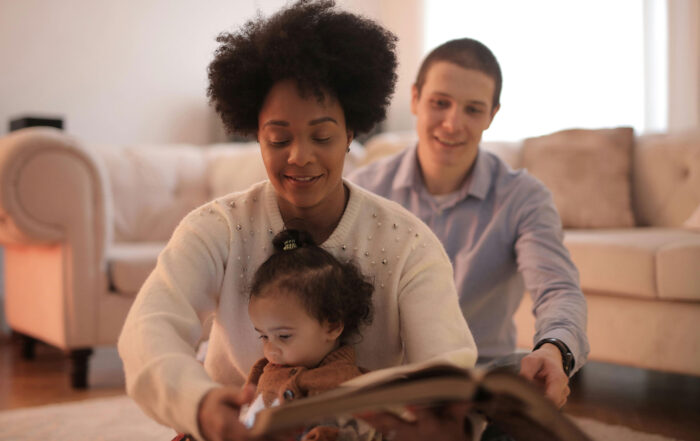
By Melanie Warner
Each time a high-profile mass shooting happens in America, a grieving and incredulous nation scrambles for answers. Who was this criminal and how could he (usually) have committed such a horrendous and inhumane act? A few details emerge about the individual’s troubled life and then everyone moves on.
Three years ago, Jillian Peterson, an associate professor of criminology at Hamline University, and James Densley, a professor of criminal justice at Metro State University, decided to take a different approach. In their view, the failure to gain a more meaningful and evidence-based understanding of why mass shooters do what they do seemed a lost opportunity to stop the next one from happening. Funded by the National Institute of Justice, the research arm of the Department of Justice, their research constructed a database of every mass shooter since 1966 who shot and killed four or more people in a public place, and every shooting incident at schools, workplaces and places of worship since 1999.
Share This Post!
Expert Consensus Regarding Indicators of a Traumatic Reaction in Autistic Youth: A Delphi Survey
By Connor M Kerns, Diana L Robins, Paul T Shattuck, Craig J Newschaffer, & Steven J Berkowitz It has been suggested that the sequelae of trauma are under-recognized in youth on the autism spectrum. [...]
Helping Children and Adolescents Cope with Traumatic Events
By Southern California Sunrise Recovery Center Children and adolescents are exposed to a number of different traumatic events that can spark a lot of emotions and physical reactions. The effects of [...]
Trauma screening may help connect children to specific mental health services
By Penn State Each year between 200,000 and 270,000 children and youth enter foster care placements with child welfare services, and many more children receive child welfare services while remaining in [...]
The Mental Health of Minority and Marginalized Young People: An Opportunity for Action
By Vivek H. Murthy, Surgeon General Mental health is an essential part of overall health. It not only affects the ability of young people to succeed in school, at work, and [...]
How to Break the Cycle of Childhoold Trauma? Help a Baby’s Parents
By Rhitu Chatterjee, NPR Teresa Cox-Bates was only 11 years old when her father died, an event that dramatically altered her family's circumstances and shaped her childhood experiences. Studies also show that [...]
Supporting Children and Teens During the Holiday Season
Provided by The National Child Traumatic Stress Network This fact sheet provides tips that parents can use to talk to their children and teens about how they are feeling and changes to [...]







